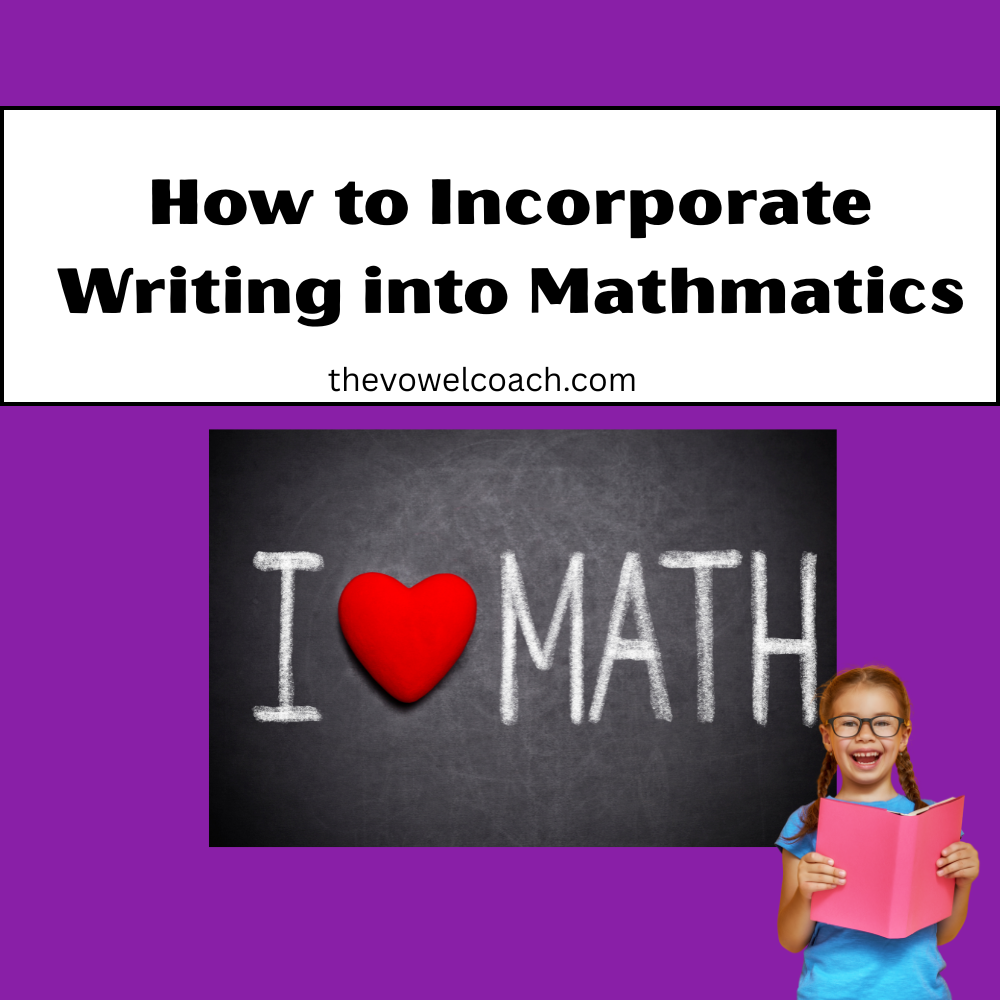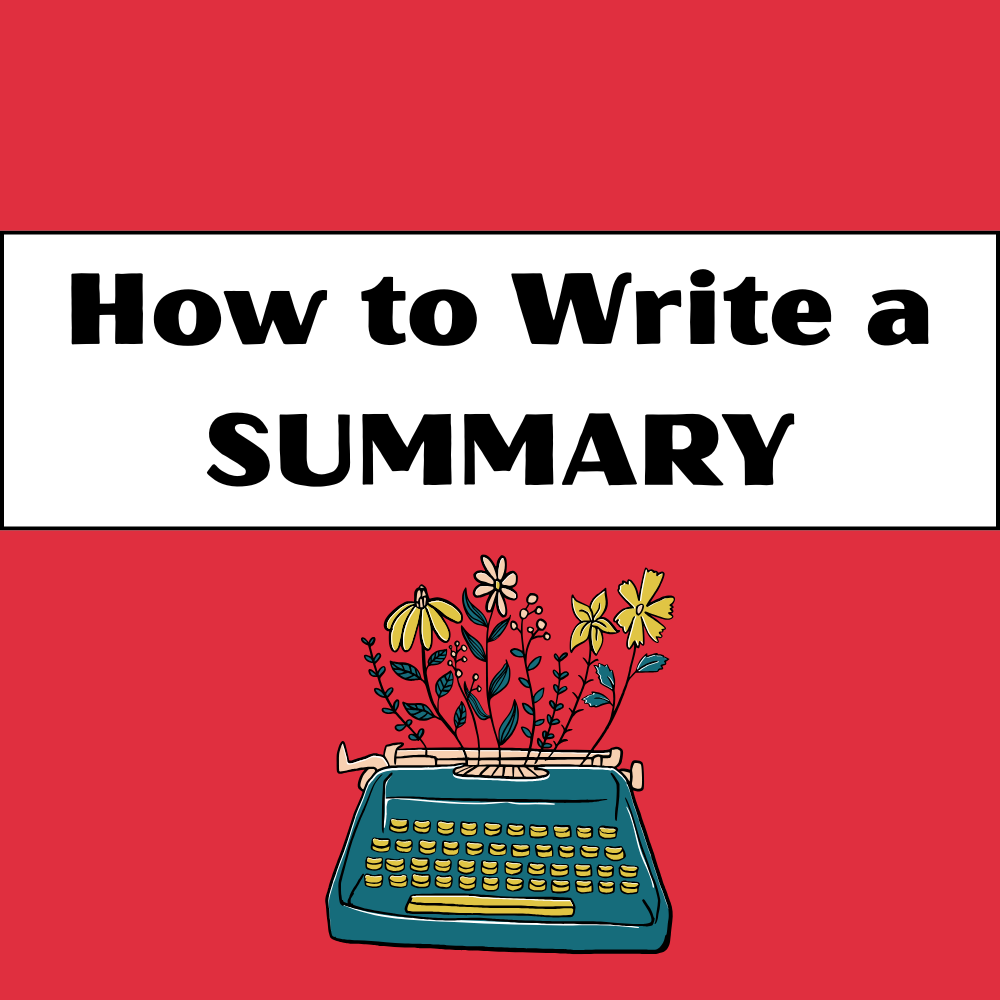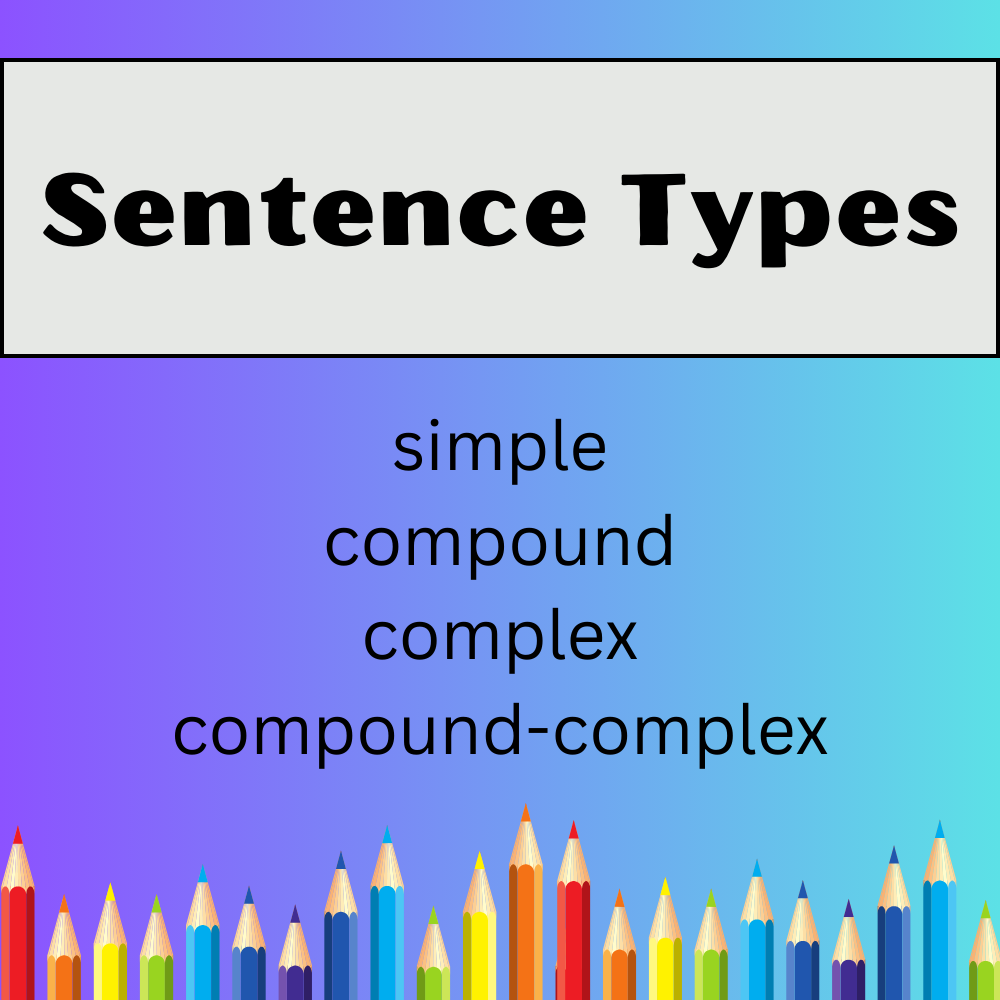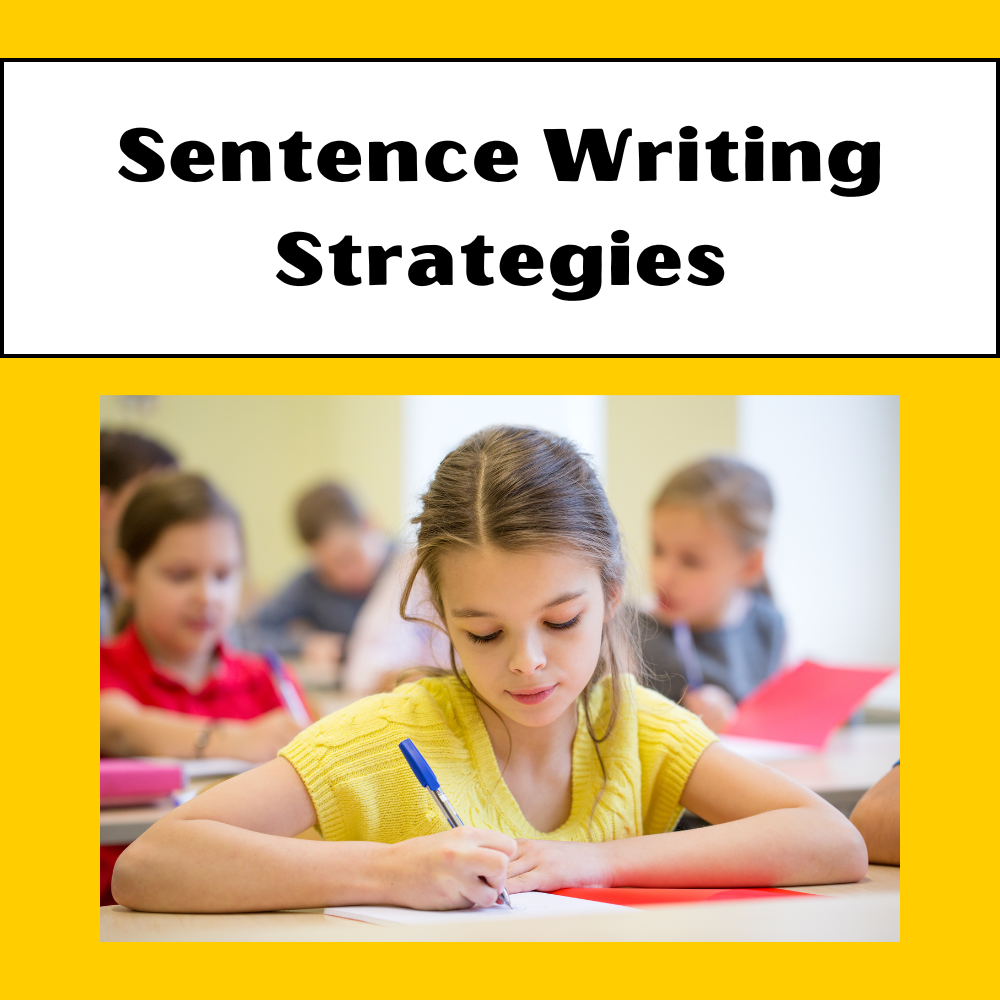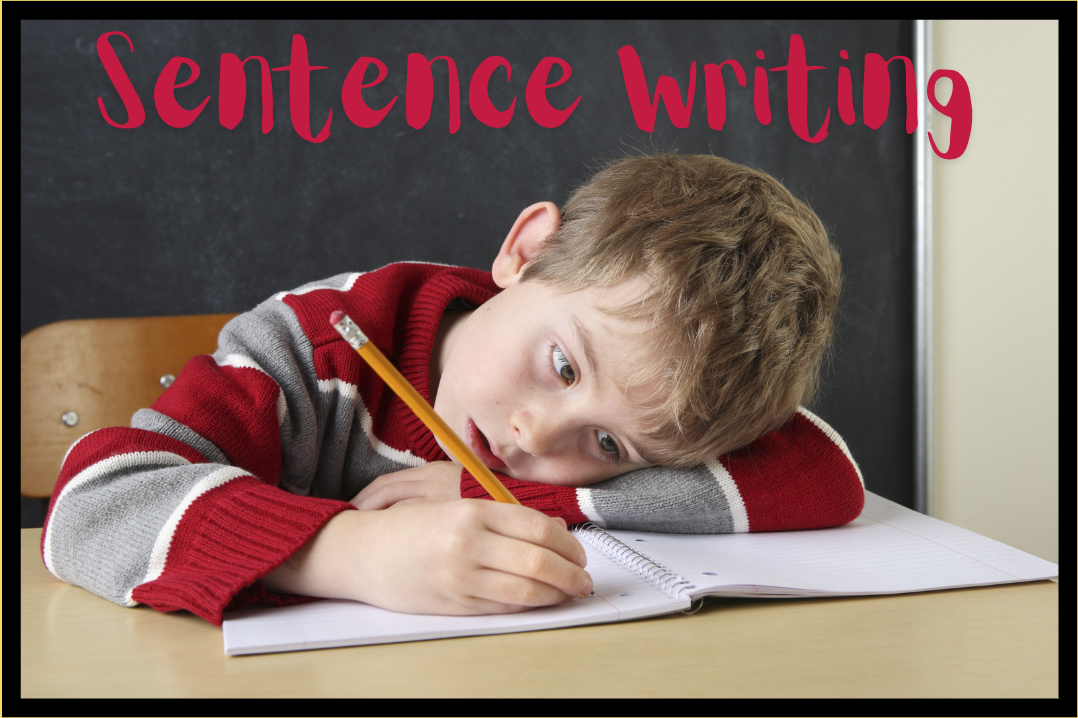Imagine… Imagine a math class where 2nd grade students solve only 1 or 2 problems a day. This class has no worksheets, textbooks, required homework, or teacher’s guide, yet by the end of the first semester, most 2nd grade students are able solve addition, subtraction, multiplication, division and simple algebraic word problems. The students always…
How to Write a Summary for a Fictional Story
Students often have to write a summary of something they’ve read, listened to, or watched. A summary is a brief description of the main events of the story. It is not a detailed retelling of the story. The good news is that stories tend to follow a predictable trajectory: SWBSTI: A recipe for writing a…
Sentence Types: Simple, Compound, Complex, Compound-Complex
There are four main types of sentences that we use in the English language, but before we jump into the different sentence types, let’s review independent and dependent clauses. Independent Clause Dependent Clause Sentence Type #1: Simple Sentences Sentence Type #2: Compound Sentences Sentence Type #3: Complex Sentences Sentence Type #4: Compound-Complex Sentences
Sentence Writing: Strategies for Helping Your Child
1. If your child does not have any sentence writing skills: 2. If your child isn’t sure how to spell a word: Here are links to my previous posts about sound boxes and syllables: 3. If your child has spelling errors: 4. If your child forgets to start the sentence with a capital letter and/or…
Sentence Writing for Kids: From Scaffolding to Independence
Supporting young writers through scaffolding: The word “scaffolding” in education refers to providing guided support to a child as he or she is developing new skills and working toward independence. Just like scaffolding in construction is a temporary structure that helps workers safely get their jobs done, educational scaffolding is temporary as well. Skills needed…

